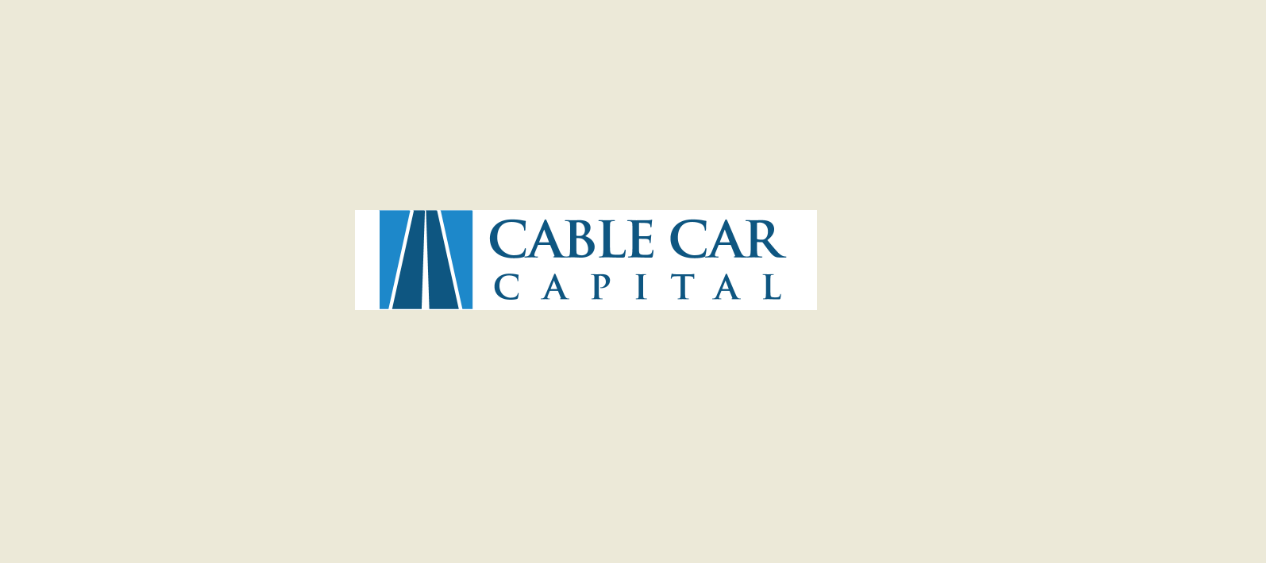Investors celebrated Halloween early this year, banishing animal spirits for a spell.
A flash crash in August and ghastly headlines in the healthcare sector spooked market participants.
While Cable Car’s Hedged Value portfolio was not immune from a few frighteningly steep declines in these stormy seas, I believe performance was satisfactory during the period.

Portfolio Tweaks
Despite the market volatility, there are relatively few major updates to share.
Cable Car sold one core long position to make room for more attractive opportunities, added aggressively to another, and recycled capital through several compelling short positions.
Qualitatively, individual equities appear to have exhibited less correlation in recent months, creating interesting long and short candidates.
Visionary Team
I am somewhat ambivalent to report that I sold IntercontinentalExchange (ICE) during the quarter.
In my opinion, ICE remains an undervalued business with a truly visionary management team.
The company’s strategy of rethinking market structures, globalizing its clearing house presence, and shifting away from transaction-based revenues is the right approach, but I believe its market data/analytics and IPO revenues may prove more cyclical than anticipated.
With the bulk of its cost savings program already realized and continued uncertainty relating to MiFID II implementation on the horizon, it is difficult to perceive a margin of safety in the event of a sustained downturn in the capital raising environment.
Retrophin
Cable Car added to its position in Retrophin (RTRX) after an unjustified selloff on drug pricing-related headlines.
The RTRX thesis is unchanged and my conviction is supported by additional confirmatory due diligence from conversations with patients and physicians in the cystinuria and bile acid synthesis disorder communities.
Cologuard
After three years of varying degrees of involvement in Exact Sciences (EXAS), I covered Cable Car’s short position in mid-October following a gratifying statement by the United States Preventative Services Task Force that echoed many of the concerns about Cologuard raised by Cable Car and many other commentators.
Initial confusion regarding the interpretation of the task force’s draft guidance provided a welcome opportunity to increase exposure, but at the current valuation, further downside potential is limited by the company’s significant net cash balance.
While a financial distress scenario at EXAS cannot be completely ruled out given the current burn rate, incremental test sales should demonstrate significant operating leverage.
Public Comment
In my opinion, there is meaningful excess sales and marketing and administrative expense that could be reduced if the company wishes to emphasize profitability.
While I will accept some small measure of credit for influencing public perception of Cologuard’s cost-effectiveness (and perhaps also the task force), Cable Car’s effort to reduce the excessive Medicare reimbursement rate has thus-far proven unsuccessful.
Since covering the position, Cable Car submitted a final public comment on the reconsideration request, which proposes a compromise crosswalk based solely on test methodology.
CMS determined that they will only base the crosswalk on methodology, not the various other public choice considerations Cable Car proposed.
Objectively, Cable Car’s newly suggested test code of 81288 in lieu of 81315 should be a far better comparator for the methylation component of Cologuard, but it is very late in the process.
Technically, Cable Car is not a “hedge fund,” but I was pleased to be mentioned in Exact’s last few securities filings.
As CMS reaches a final determination on the reconsideration request, investors are advised by the company:
“A hedge fund has submitted a request that CMS reconsider its reimbursement rate for Cologuard, which was presented at a CMS public meeting on July 16, 2015. CMS has issued a preliminary determination maintaining the current reimbursement rate. After a public comment period, CMS will issue a final determination in November, 2015. We can provide no assurance that CMS will not negatively alter its coverage or reimbursement rate based on this request or otherwise.”
These investments may or may not be currently held in client accounts.The reader should not assume that any investments identified were or will be profitable or that any investment recommendations or that investment decisions we make in the future will be profitable.
Photo Credit: Ishtaure Dawn via Flickr Creative Commons



